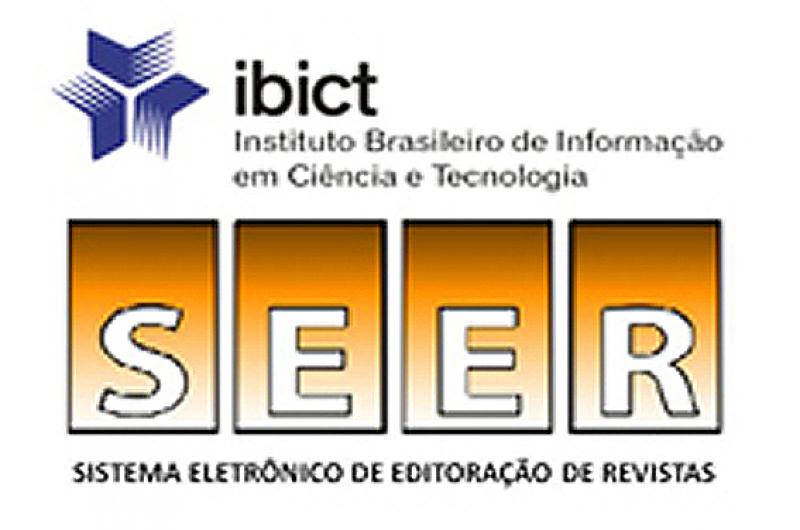PROEJA and its curriculum
DOI:
https://doi.org/10.31416/rsdv.v12i3.408Abstract
The objective of this article is to provoke a reflection on the concept of the PROEJA curriculum. Due to a special nature, many students relate to similar realities of injustice, for this reason we need to think about the education or the necessary learning and young people, which is not exhausted in the explicit part of the project of cultural socialization in schools. In order to analyze and contextualize the curriculum proposals, and to better understand how it works, we made a brief survey of the definition of curriculum and how it is important for the construction of student knowledge, aiming to provide a critical and liberating conversational teaching process through the structuring of its curriculum and program proposals.
It is necessary to reconsider our practices, our curriculum construction, adjusting the pedagogical actions to promote the effective exercise of citizenship and also to realize that the classroom is an environment with different experiences that can be used to stimulate students, making the classes easier and more dynamic, as well as creating spaces for personal development through diverse experiences and experiences, regardless of the difficulties that the student brings with himself, the practice of a living curriculum built by all the participants in the school environment and that enables new educational practices, allows a closer approach between these different subjects and the object of knowledge, thus characterizing a unification between the school knowledge, the teachers' knowledge, and the students' knowledge.
References
GIL, A. C. Métodos e técnicas de pesquisa social. 4ed. Atlas, 1994.
LAKATOS, E. M.; MARCONI, M. A. Técnicas de pesquisa:planejamento e execução de pesquisas, amostragens e técnicas de pesquisas, elaboração, análise e interpretação de dados. 3ed. Atlas, 1996.
LOCH, J.M.P. et al. EJA: Planejamento, metodologias e avaliação. Porto Alegre: Mediação, 2009.
MOLL, J. Educação Profissional e Tecnológica no Brasil Contemporâneo: Desafios, Tensões e Possibilidades. Porto Alegre: Artmed, 2010.
SACRISTÁN, J. G.; O currículo: uma reflexão sobre a prática. Trad. Ernani F da Fonseca Rosa- 3ed- Porto Alegre Artmed2000.
SANTOS, S. V. Possibilidades para EJA, possibilidades para Educação Profissional: O PROEJA ,2008.
SILVA, T. T. Os jovens no Brasil: desigualdades multiplicadas e novas demandas politicas. São Paulo. Ação Educativa, 2003.
Downloads
Published
How to Cite
Issue
Section
License
Copyright (c) 2024 Revista Semiárido De Visu

This work is licensed under a Creative Commons Attribution 4.0 International License.















